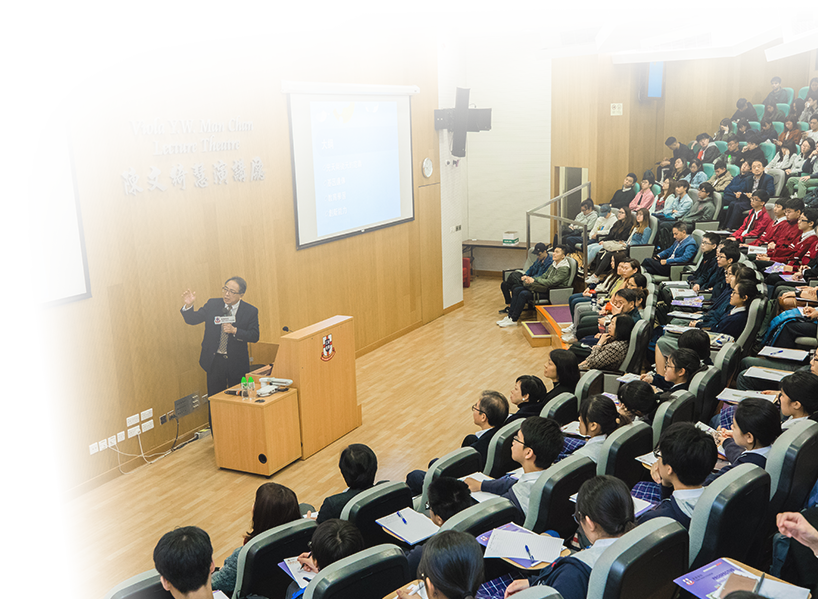About TWC

Admission

Programmes
-
Bachelor’s Degree Programmes
-
Sub Degree ProgrammesDiploma ProgrammeCertificate Programme
-
Mainland Admission

 Administration Units
Administration Units
 News & EventsResearch ActivitiesNEWS & EVENTSQUICK LINKSQUICK LINKS
News & EventsResearch ActivitiesNEWS & EVENTSQUICK LINKSQUICK LINKS
-














